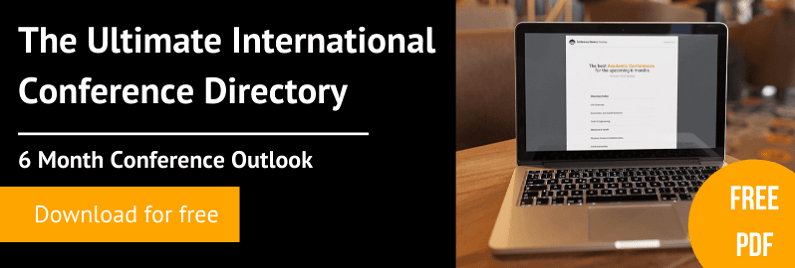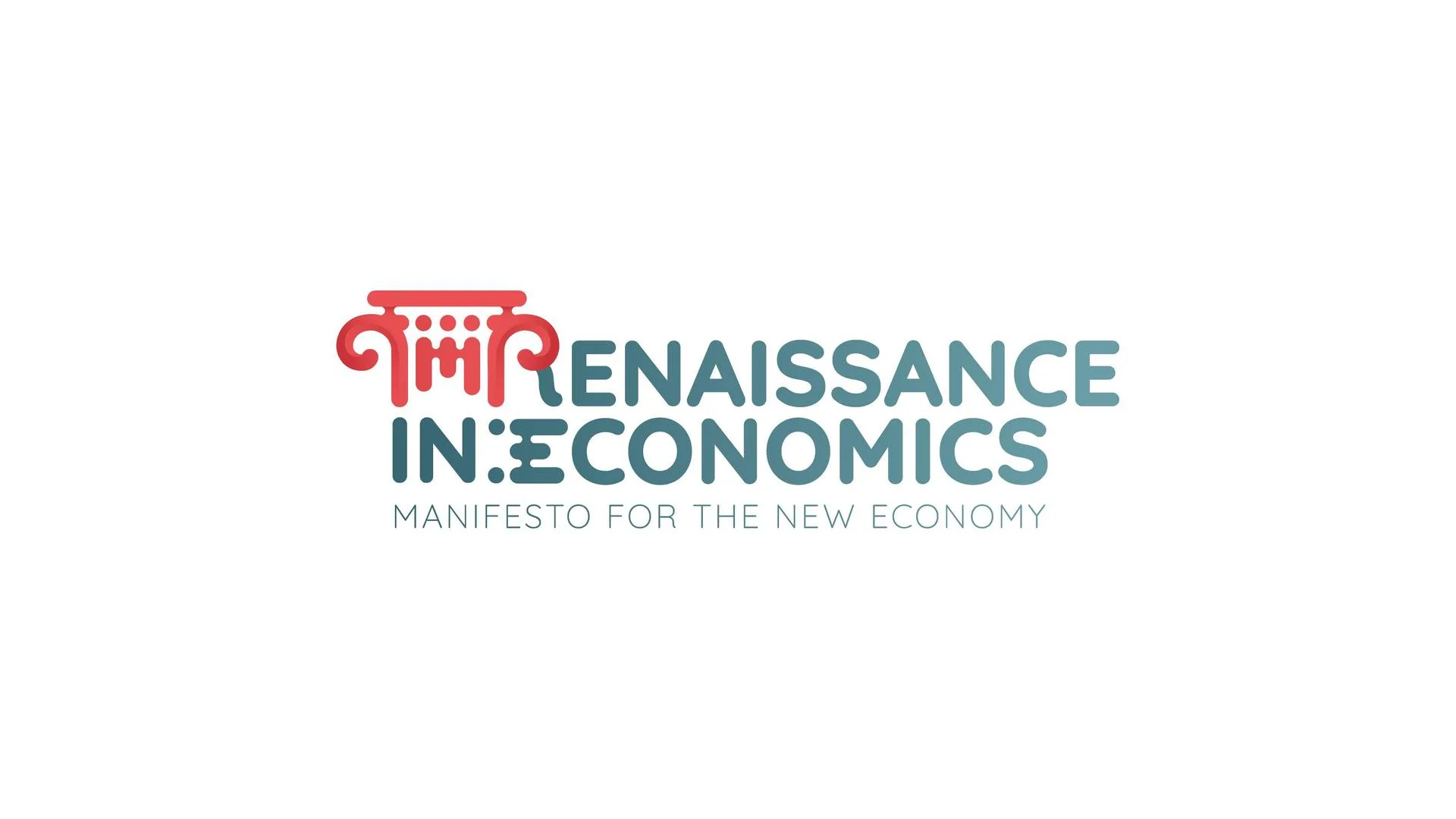
8 Benefits of Attending Conferences
Read a summary using the INOMICS AI tool
Conferences are an essential part of academic life, but with all of the focus on getting papers accepted and the stress of presenting or giving talks, they can sometimes feel like an overwhelming or even scary experience. This, however, should not deter you, there are countless great reasons to attend a conference! Here are 8 ways conferences can change your life.
Download the Conference Monkey Directory - 6 Month Conference List

1. Get feedback on an early version of your latest work
Presenting at a conference can be nerve-wracking, and you might be tempted to fall back on the same presentation that you always give because you know that it's safe. But if you do this, you'll be missing out on one great benefit of conferences: the chance to get feedback from experts on early versions of your work. You can use your presentation time to talk about preliminary results from your most recent experiment, and the feedback you get from your audience can help you to anticipate reviewers' comments when you try to get it published. Alternatively, you could present your well-established work, and then at the end, you could throw out some ideas you have for future experiments and get feedback on these. A conference presents the chance to see a whole room full of world experts in your particular field, so there's no better chance to get your work in front of these people and have them candidly discuss its strengths and weaknesses.
2. Get to know other people in your field
One of the biggest benefits of attending a conference is getting to know other people in your field. We've talked before about how conferences are a key opportunity for networking. Networking is very important for job hunting, obviously, but having a big network benefits you in other ways too. Maybe you will need advice from an expert in another field, or you will want to ask someone to come and give a talk at your institution, and this is easier when you have a network to reach out to. It's also helpful to have support from people who are at a similar stage in their careers to you and can empathise with the problems and struggles which you go through at work.
3. Hear about the latest research
If you want to know about the very latest findings in your field before they are even published in journals, then a conference is the place to be. Many researchers will present preliminary findings or work which has not yet been published at a conference. Of course, you should not take every claim you hear at a conference to be accurate until you are able to look through the methodology and findings for yourself, but this is a great chance to get a peek of what other people are working on. These ideas can be great inspiration for your own research.
4. Improve your presentation and communication skills
Soft skills are important for every career, and in academia or research then your skills in presentation and communication are particularly important. Fortunately, conferences give you the chance to practice these skills. Rehearsing and giving your talk or poster presentation will make you more comfortable in front of an audience, and you'll learn things like the speed at which you should talk and the amount of detail which you need to give in your explanations. Answering questions after your presentation and chatting with other attendees will help to hone your communications skills.
5. Visit a new place and have fun
Finally, it shouldn't be overlooked that attending a conference is good fun! Although a conference is unequivocally a work event more than a leisure one, it can still be enjoyable. Travelling to a new place is a big part of the appeal of a conference, meaning that you get to see a different city, eat new food, and see some local landmarks or tourist attractions. You might even try out learning a little bit of a new language.
You'll also have the chance to attend social functions as part of a conference, such as dinners, trips, or parties. Sometimes these events can be formal or dull, but very often they're relaxed, friendly affairs. With the opportunity to meet other academics with similar interests to you, you can enjoy the company of others and you might even make some good friends.
6. Meet your academic heroes
If there's a researcher whose work you admire, it can be both inspiring and educational to meet them and to talk to them directly. If one of your academic heroes is speaking at a conference, this could be the perfect chance for you to meet them. Who knows, maybe a little chat could lead to future collaboration!
7. Engage in high-level debates and refine your ideas
There are few things better for developing your ideas that a good spirited debate. Listening to and participating in lively discussions at conferences can give you new ideas, help refine your existing concepts, and maybe even change your mind about some key issues in your field. In a conference setting, one should always retain a certain level of humility and be receptive to
8. Adding to your CV
Attending a conference is definitely something that should go on your CV, especially if you have given a talk or poster presentation. It shows potential employers or grant-awarding bodies that you're engaged with your field and are taking an active part in communicating with other academics. If you have done it, flaunt it!
Download the Conference Monkey Directory - 6 Month Conference List
Top Blog Posts to Read:
What's the difference between a conference, a seminar, a workshop and a symposium?
What Should Women Wear to Academic Conferences?
What Should Men Wear To Academic Conferences?
A Guide to Asking Good Questions at Conferences
How To Improve Your Public Speaking
How to Get Accepted to an Academic Conference
-
- Conference
- Posted 1 week ago
Call for Papers on Fiscal and Monetary Policies in Developing Economies for Navigating Fragmentation Risks
Between 28 Jul and 29 Jul in Singapore
-
- Conference
- (Hybrid)
- Posted 1 year ago
Sixteenth International Conference on The Constructed Environment, Universidad de Navarra, Pamplona, Spain
Between 14 May and 15 May in Pamplona, Spain -
- Workshop, Conference
- Posted 2 weeks ago
Call for Papers: 3° International Conference Renaissance in Economics 2026
Between 14 May and 15 May in Rome, Italy













